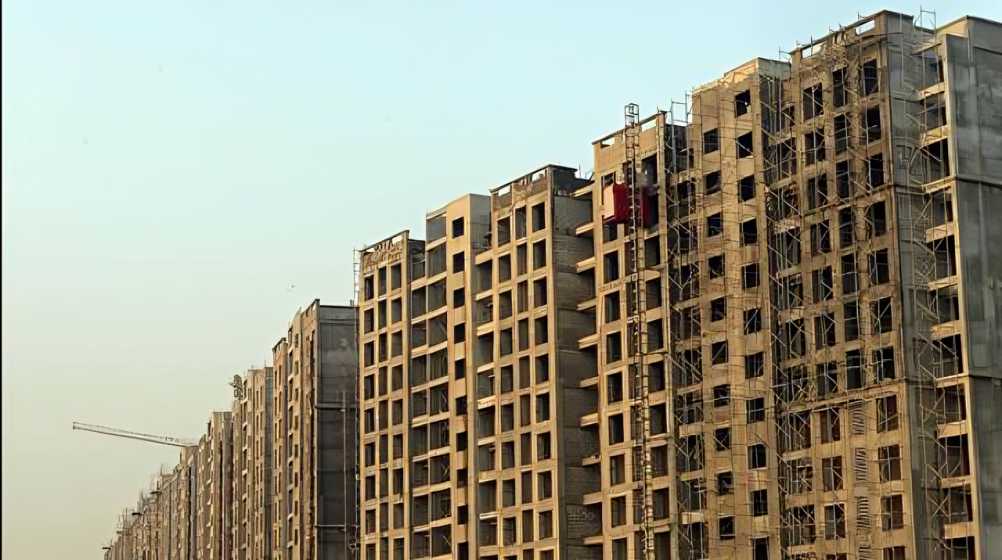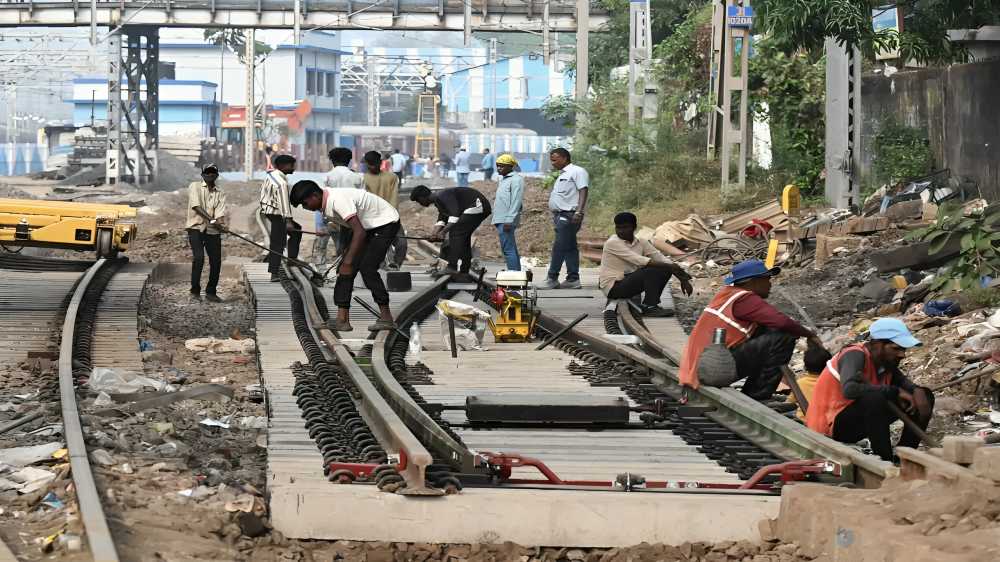In a major push for affordable and inclusive housing, the Maharashtra Cabinet on Tuesday announced the state’s new Housing Policy 2025, titled Majhe Ghar – Majhe Adhikar (My Home – My Right). The policy sets an ambitious target of constructing 3.5 million homes for the Economically Weaker Sections (EWS) and Low-Income Groups (LIGs) by 2030, with a vision of building 5 million units over the next decade. The initiative is backed by a significant investment of ₹70,000 crore.
The comprehensive policy outlines special provisions for various sections of society including senior citizens, working women, students, journalists, differently abled individuals, and industrial workers. Additionally, housing schemes will be made available for government employees, ex-servicemen, freedom fighters, artists, mill workers, mathadi workers, and airport staff. These schemes will be executed through public-private partnerships to ensure efficient delivery.
Notably, for the first time, companies will be allowed to utilise Corporate Social Responsibility (CSR) funds for affordable and social housing initiatives. This includes housing for working women, student accommodation, and senior citizens’ homes, for which incentives will also be offered.
Deputy Chief Minister and State Housing Minister Eknath Shinde stated, “There will be no shortage of homes due to this policy. It is an all-inclusive approach that considers everyone — from dabbawallahs to mill workers. We are also advancing the ‘walk-to-work’ concept in line with Prime Minister Narendra Modi’s vision.”
To improve transparency and streamline processes, a State Housing Information Portal (SHIP) will be launched as a centralised digital platform. The policy also proposes the establishment of a government-owned land bank to support its housing goals.
In an effort to accommodate families of patients, affordable rental housing is planned near major hospitals in cities such as Mumbai, drawing inspiration from the Prime Minister Awas Yojana model.
New constructions under this policy will incorporate climate-resilient designs to withstand environmental challenges such as extreme heat, floods, and earthquakes, promoting sustainable building practices.
To safeguard homeowners and ensure accountability, a Supreme Grievance Redressal Committee will be formed at the state level. This body will monitor construction quality, mediate disputes between developers and beneficiaries, and oversee timely project completion under DCPR 2034 and the MHADA Act. A Self-Redevelopment Cell will also be established, supported by a ₹2,000 crore fund.
For redevelopment projects in the Mumbai Metropolitan Region (MMR), a tripartite agreement between developers, housing societies, and government authorities will be mandatory. Developers must also deposit advance rent in an ESCROW account to protect residents’ interests.
The policy facilitates the use of central government land for slum rehabilitation projects, encouraging joint ventures with the Slum Rehabilitation Authority (SRA). IT-enabled systems will enhance transparency, real-time project monitoring, and efficient fund management.
To protect the rights of slum dwellers, agreements with developers will be formalised on registered stamp paper at minimal stamp duty.
Industry leaders welcomed the policy. Dominic Romell, President of CREDAI–MCHI, and Prashant Sharma, President of NAREDCO Maharashtra, both praised the government’s inclusive and progressive approach, highlighting its potential to generate employment, revitalise real estate, and promote dignified urban living.
Source: Hindustan Times





